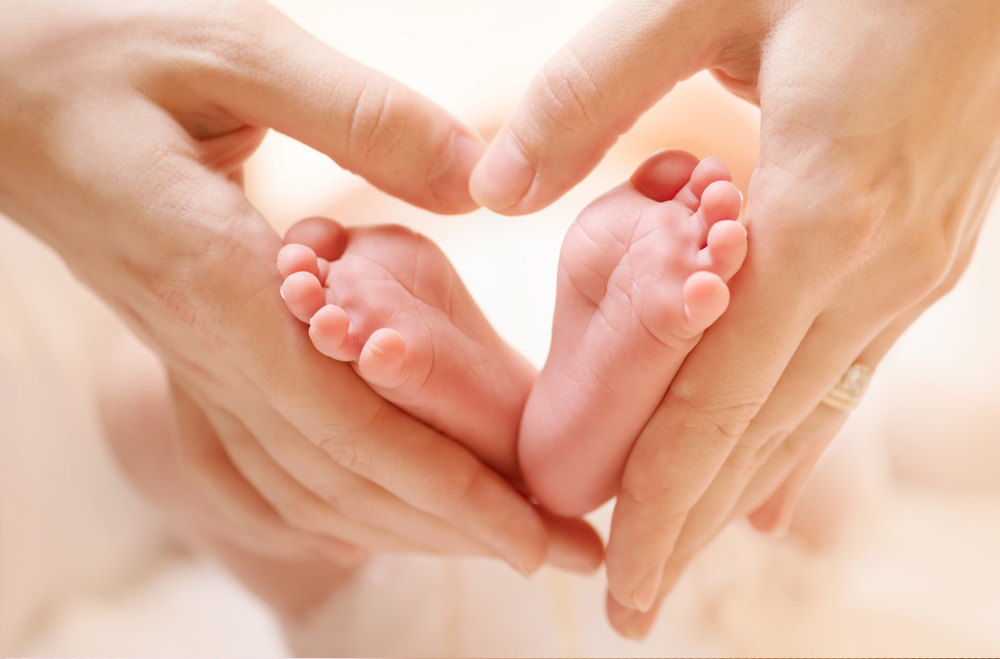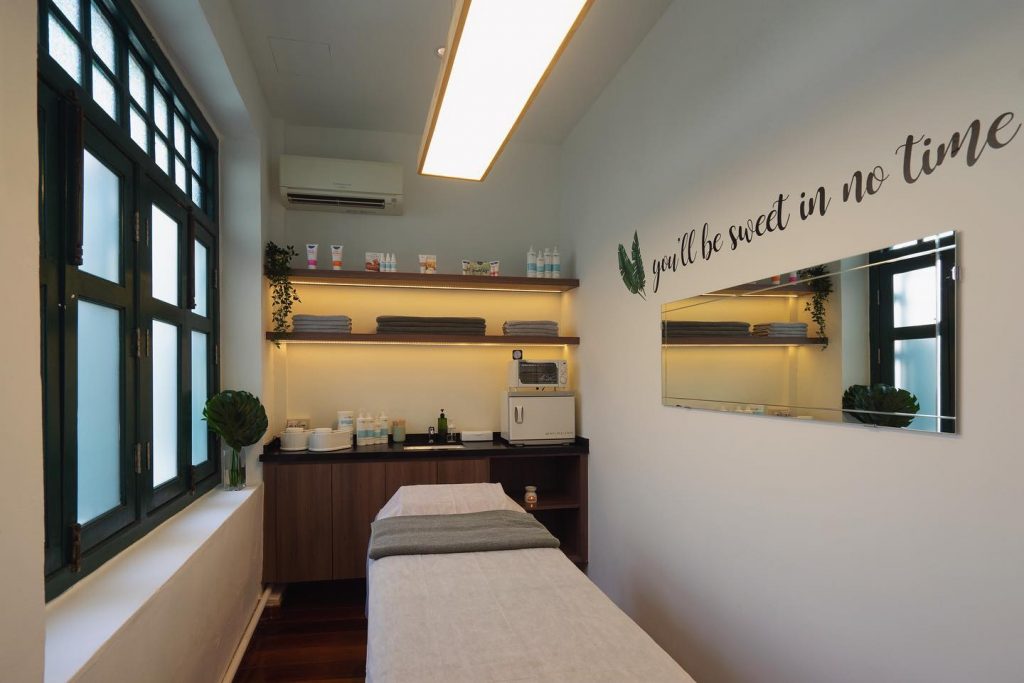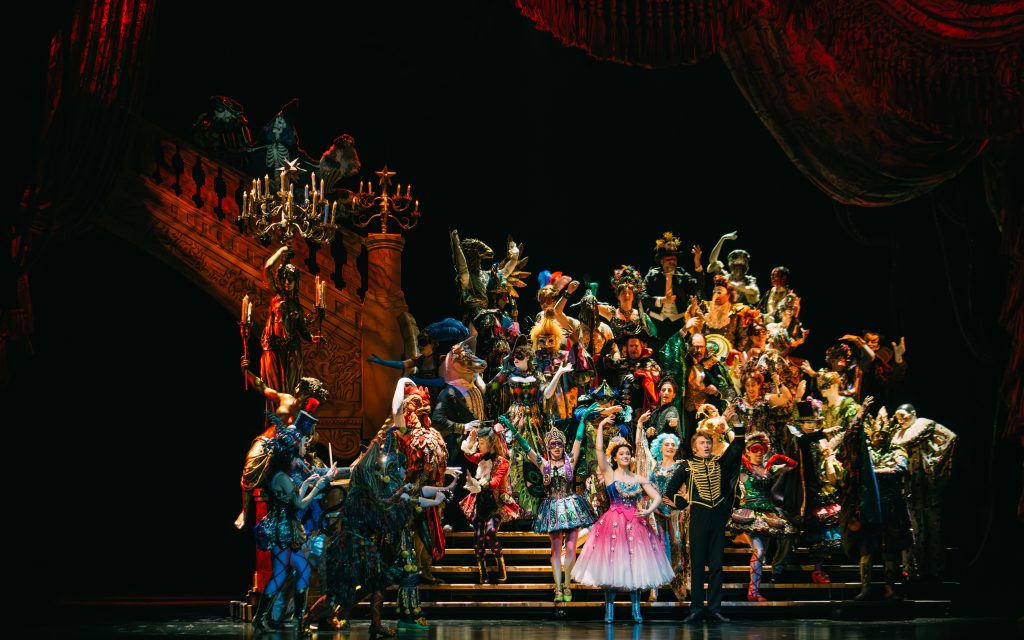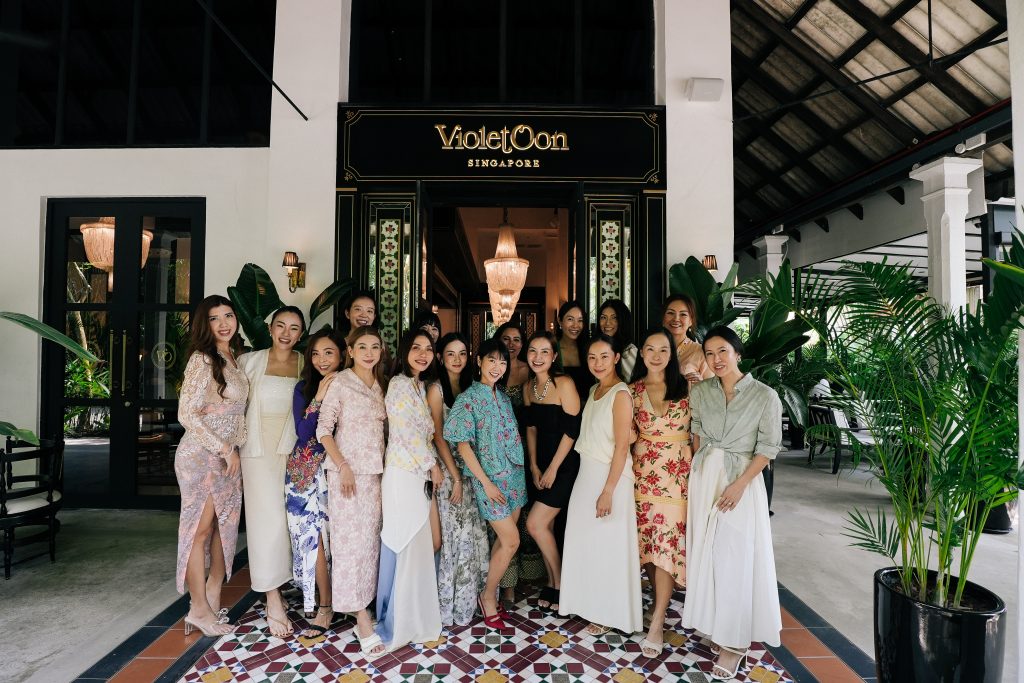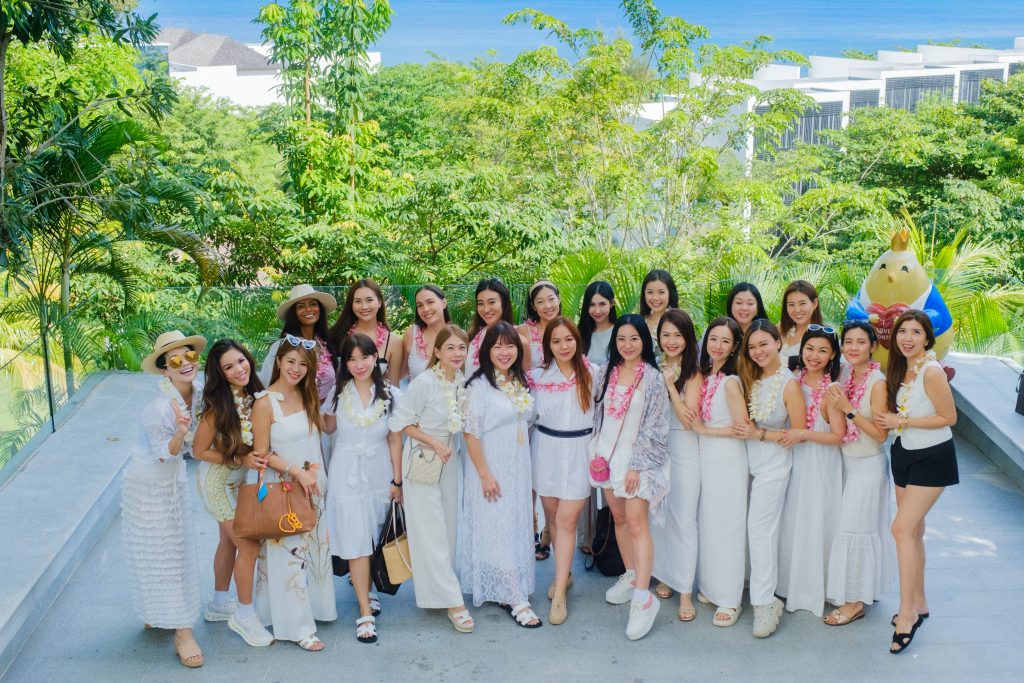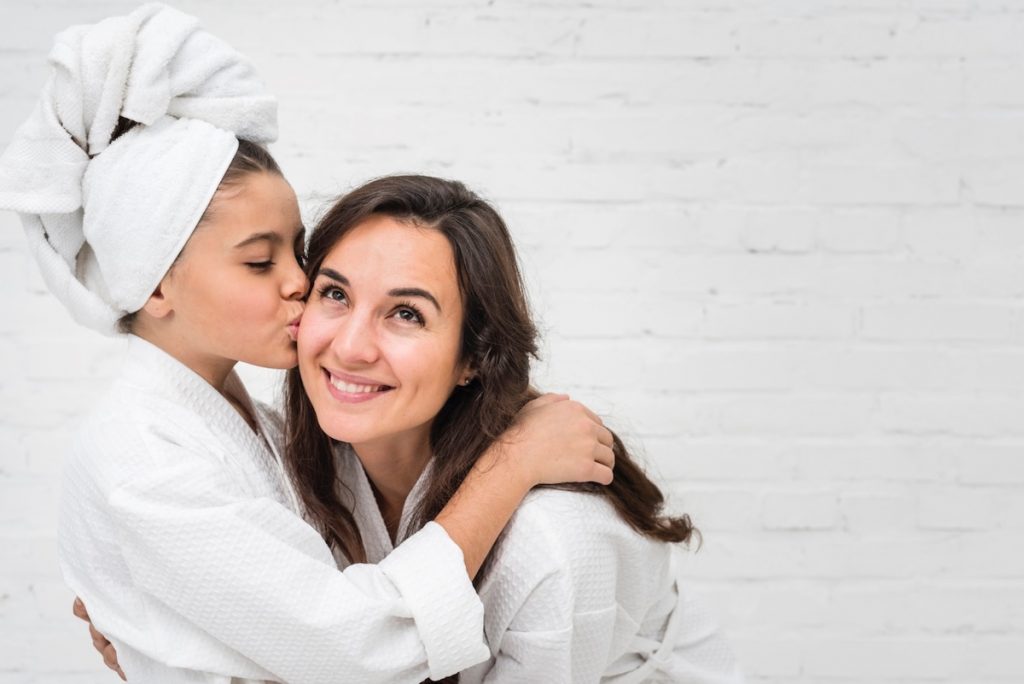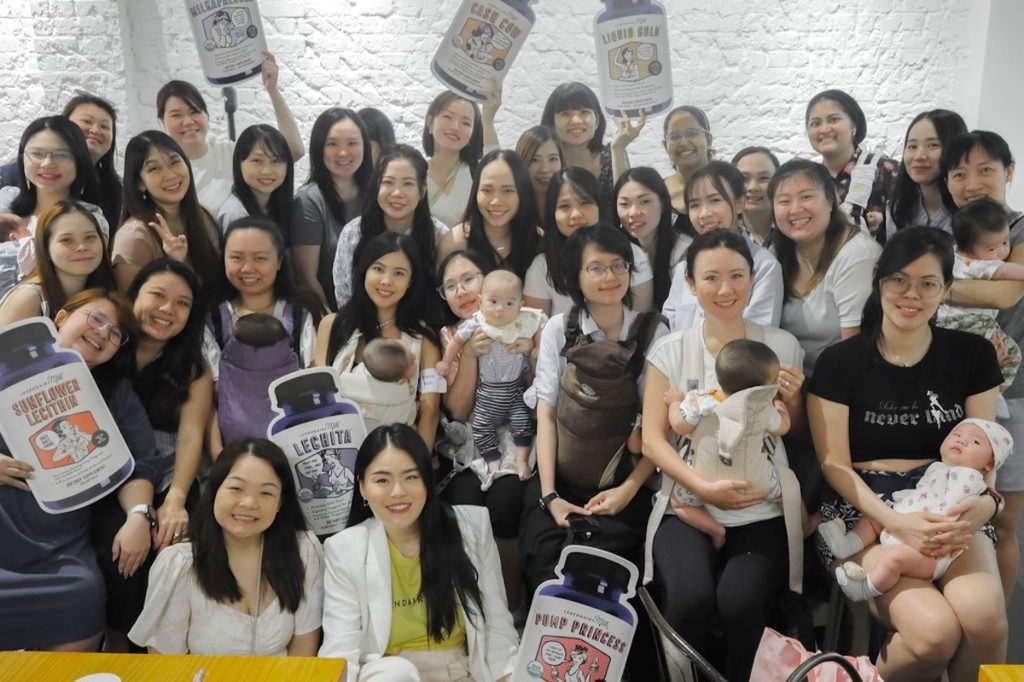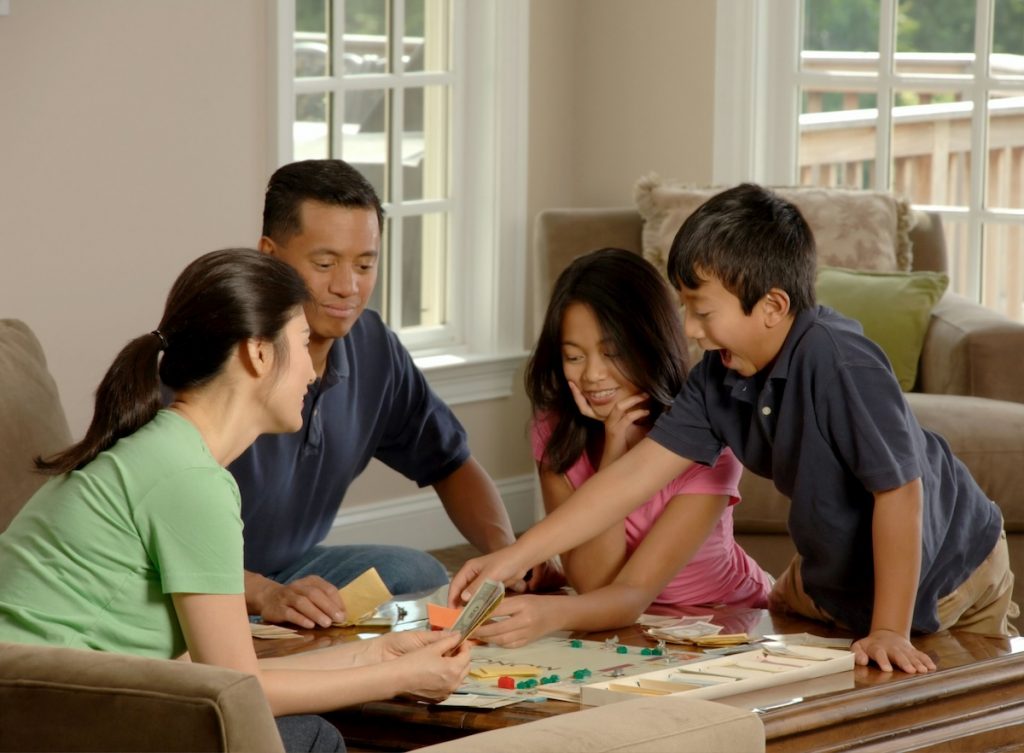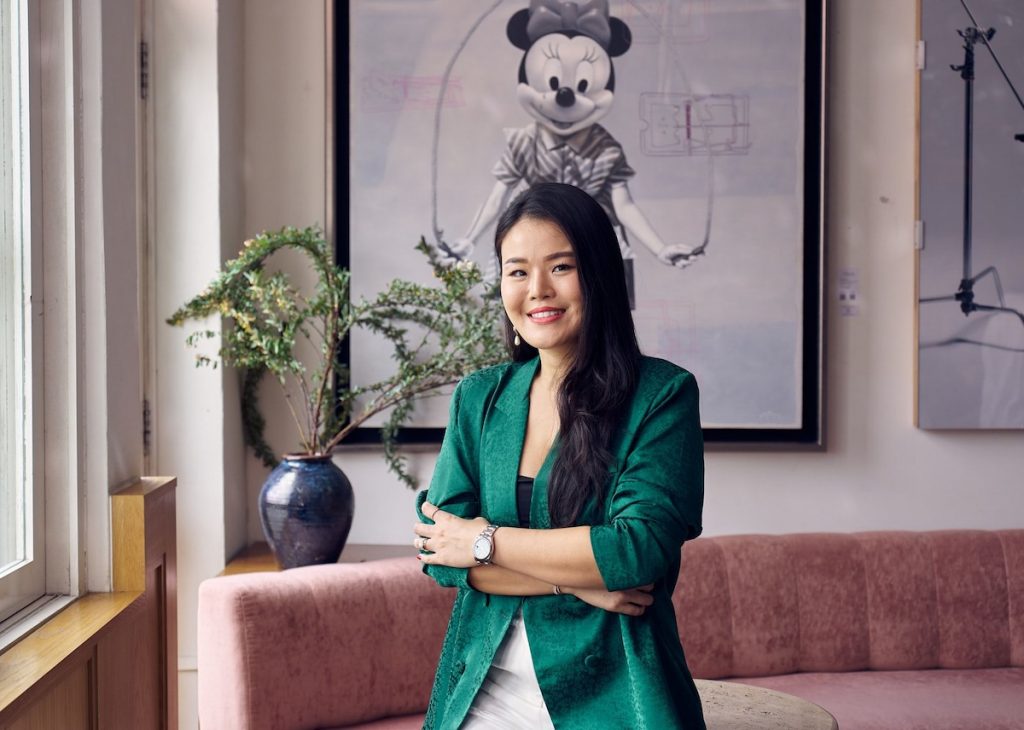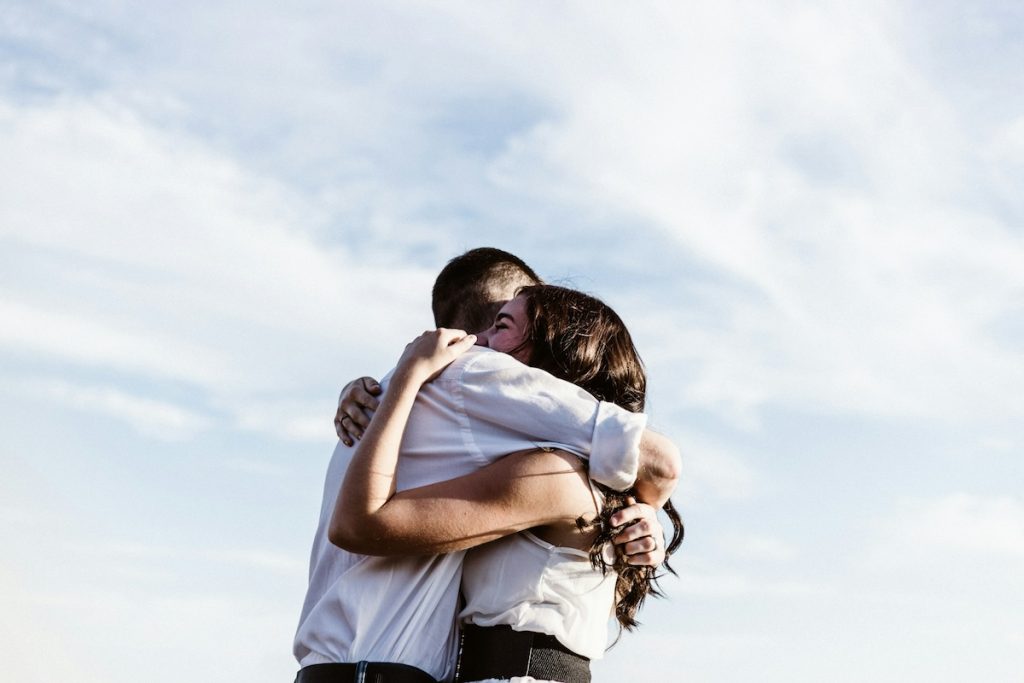By Eileen Chua-Tiang
“Oh dear, I am delivering soon but… I have not prepared anything!”
Don’t fret, there is still time. Contrary to popular belief, babies do not require a lot of stuff and the many baby products in the market can be classified into two categories — ‘needs’ and ‘wants’.
As the names clearly signal, there are practical and essential items you need as a parent and they will make your task as a new parent much easier, and then there are the things that you will want that are likely ‘nice to haves’. There’s absolutely nothing wrong with wanting to provide for and pamper your baby, but the basics needs are the essentials that you need to have to be best prepared before your baby arrives. And when you have the basics ready, you can always get that something special from the ‘wants’ category for your little one.
Here are the essentials every parent should have in their homes before baby arrives.
Crib/Cot
Discuss with your partner where your baby is going to sleep as this will determine the type and size of crib you should get. If you have help during the day, you might want to move your baby to the living room and then to your room during the night. In such a scenario, a bassinet, portable crib (playpen convertible) or light crib with wheels will be most suitable. If you have space in your bedroom or already have a room ready for baby, you might want to invest in a crib that can be converted into a toddler bed in the future.
Tip: Babies usually breastfeed every two to three hours on average around the clock, both in the day and at night. Hence, it might be wise to keep your baby nearby, especially at night for frequent feeds.
Changing area
If you have a crib with an adjustable height, you would be able to do most of your baby’s changing on it with ease. All you need is a changing mat to protect the mattress from being soiled when you are changing your baby. There are also some playpen convertible cribs come with a detachable changing top.
If you prefer to get a stand-alone changing table, consider getting one with wheels that can be locked. The wheels will make your table mobile, allowing you to move it easily around the house, and most importantly, you can move it near the bathtub during bath time. Do remember to lock the wheels for safety after you have shifted the table. That said, some parents simply make do with their own bed or a spare table by adding a soft bubble changing mat on it.
Tip: Ensure the changing area is of the right height so that you do not hurt your back while changing your baby.
Clothing
As infants grow very quickly, with their size changing every three months on average, how many sets of clothing to prepare is usually one of the most baffling questions that parents face. It all boils down to your personal and household habits. If you do not like the smell of sour milk, you will probably find yourself changing the baby after every messy feed. Feeding usually occurs eights times a day on average and this does not include the times that your baby poops and pees. It works out to about four to six changes a day, inclusive of nightwear. Consider how often you intend to do laundry and calculate the number of pieces based on this. If you can get some good hand-me-downs, it will be easier on your pocket. Choose cotton clothing as it is more comfortable for baby in Singapore’s climate.
Other than tops, bottoms and onesies, mittens and socks are also necessary. Hats are usually not necessary for everyday wear in Singapore’s humid climate, but you should get a few pretty ones for when you bring your baby out for a walk. You should also get two or three pieces of swaddling blankets or bags as babies love to be snuggled up to, at least during their first few weeks of life.
Tip: Lightweight cotton dries faster after washing.
Breast pump
You won’t regret investing in a good breast pump because it can help to express your breast milk efficiently. Here are a few things to consider before you make your purchase:
Double or single
If you are looking for efficiency, a double pump machine will only take half the time as compared to a single pump. As a reference, it takes about 20 minutes to empty each breast every three hours. Most double pump machines also allow you to convert it to a single pump by excluding the other suction point. However, a single pump machine can be useful when you want to travel light. Pick the one that best suits your needs.
Functions
In general, the more expensive pumps have more customisation options, allowing you to adjust the suction strength and pump cycles according to your desired comfort level. Some pumps even have separate adjustment knobs for suction strength and cycles. If you are thinking of pumping exclusively, a higher range pump will work more efficiently for you.
Manual or electric
Between an electrical pump and a manual pump, the former is definitely more efficient than the latter. However, if you pump infrequently, manual or hand pumps are great, especially if you just need to empty your breasts.
Funnel Size
All pumps come with standard size funnels provided by the manufacturer but you might want to change the funnel size if you encounter pain around the nipple area while pumping. There is usually a guide on choosing the correct size funnel in the manufacturer’s manual.
Tip: If you are planning to exclusively breastfeed, you don’t really have to invest in a pump before your child is born. The first step to successful breastfeeding is to carry your baby skin to skin. Regular feedings will also aid in the milk production. Unless your newborn has to be separated from you, pumping is not necessary. Most hospitals have pumps available for rental too. Nonetheless, it is good to do your homework first so you know which model you prefer and can easily get it when you need it.
Here’s a list of other necessities that you should have at home:
| Items | Points to consider |
| Thermometer | Do get one so you don’t have to guess your baby’s temperature. Digital ones are good enough. |
| Pacifier/ Bottles | Planning to breastfeed? To prevent nipple confusion, delay using pacifiers and bottles until you are ready to transit to bottle feeding. The recommended time to start introducing a bottle is between four to six weeks old. |
| Milk Bags | It is not a must buy item now as your breast milk supply will not be established so quickly. You will only need it later on when you start to pump and store. |
| Nipple cream | This will be good to have if you are breastfeeding. Always check the label that it says it is safe for use during breastfeeding. |
| Body soap/ Shampoo | Babies have a fragrant scent due to natural oils on their skin, so soap is not necessary in the first few days of their life. If you do get one, ensure that it is hypoallergenic and has no fragrance. |
| Bath Tub | Ensure it is sturdy and get a non-slip mat to go with it. |
| Towels/Wash cloth | Regular towels are too large and thick for your baby. Look for something that is soft and big enough to wrap your baby with after his bath. Some extra pieces of wash cloths will come in handy when you need to wipe milk stains off or even to use for baths. |
| Toys | It will be nice to have but not necessary since newborns are capable of only seeing light a distance of 30cm away and make out shapes. Toys before a baby turns a month old is probably too early. |
| Rocker/swing/bouncer | It can be useful when both parents are exhausted from carrying an unsettled baby throughout the day, but first, find out why your baby is unsettled. This item isn’t necessary before the baby is born and can be purchased later when needed. |
| Baby TV monitor | This depends on circumstances. If your baby sleeps in a separate room, you might not be able to hear your baby’s cries, so you will need it. |
| Pram/car seat/baby carrier | You will definitely need an infant car seat if your baby is going to travel in a car soon after birth, and you can get a pram or baby carrier at a later date. There are car seats that can be converted into a pram, so shop around to find one that’s suitable for you. |
Eileen Chua-Tiang is a registered nurse, midwife and lactation consultant at Mount Elizabeth Novena Hospital. She specialises in pre- and post-natal care, labour, breastfeeding, nutrition and baby care. Click here to find out more about the parentcraft classes at Mount Elizabeth Hospitals.



